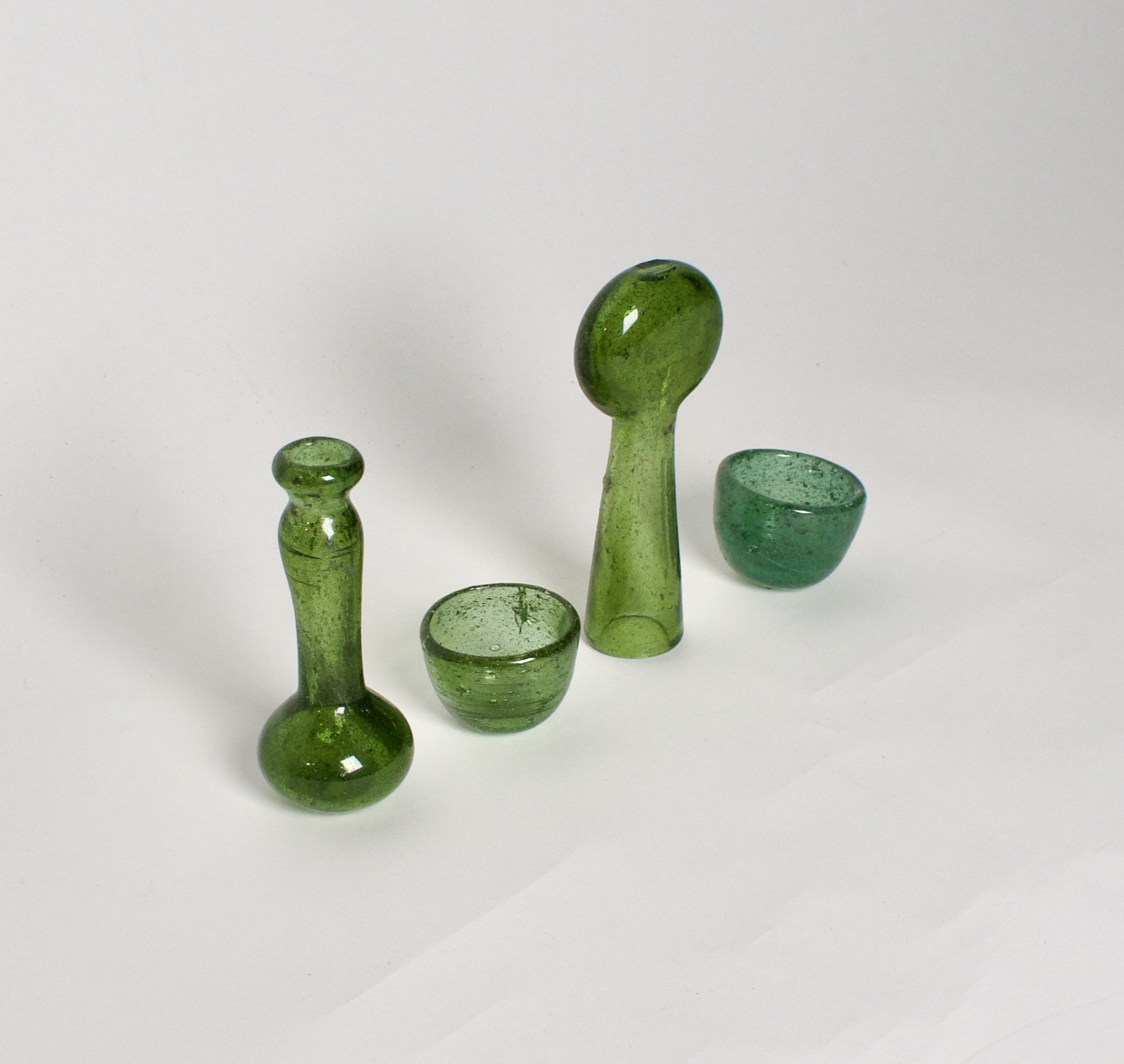



Sea glass
Carbon-capturing glass made from microalgae
Sea Glass is formed from a type of microalgae that extracts silicon dioxide from the surrounding water, using it to create silica cell walls. Silica, the primary component of glass, is typically sourced from sand. By growing silica instead of extracting it, we can reduce reliance on environmentally destructive sand mining and capture substantial amounts of CO2 through the algae’s photosynthesis. After extensive scientific and material research, Sea Glass was created. It retains traditional glass properties while requiring a lower temperature to melt, paving the way for a future where materials are not extracted but grown.
Sea Glass presents a smart, sustainable alternative by growing silica rather than extracting it, thereby reducing environmental impact. A refined fusion of technology, design, and sustainability that reimagines glass production. Congratulations on this responsible approach!
UNIVERSITY